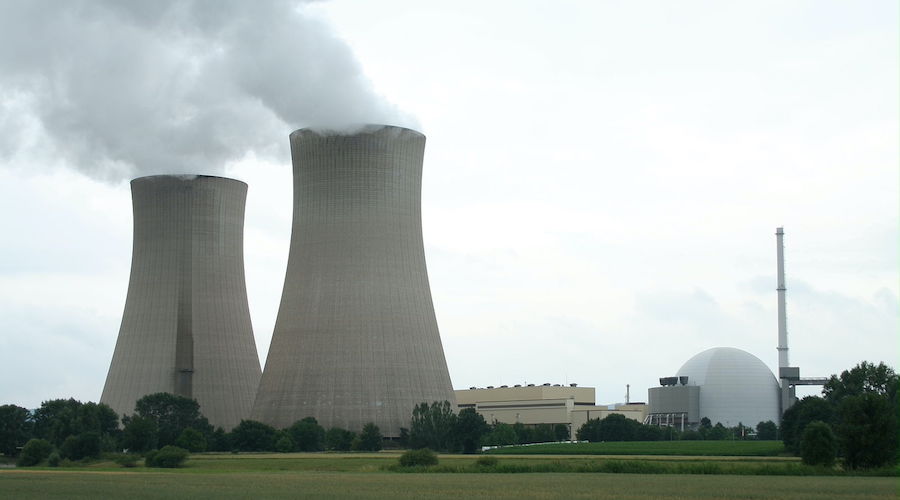Germany to keep nuclear plants in reserve to ease energy crisis

Germany will keep two of its three remaining nuclear power plants on reserve in the event they’re needed to make up for a shortfall in electricity generation this winter, reversing a long-planned shutdown of the facilities.
“This way, we can act if worst comes to worst,” Economy Minister Robert Habeck said Monday in an emailed statement, adding that the government remains “committed to the nuclear exit.”
The ruling coalition came under intense pressure to delay the final step in the phaseout of the country’s nuclear facilities after Russia’s invasion of Ukraine triggered a dramatic surge in energy prices. The situation escalated after Russia’s Gazprom PJSC decided not to turn the crucial Nord Stream gas pipeline back on after maintenance, raising the prospect of energy rationing this winter.
Chancellor Olaf Scholz’s government is racing to secure energy supplies for Europe’s biggest economy while dealing with the worsening cost of living crisis. Scholz and his alliance partners at the weekend unveiled a third package of aid — worth 65 billion euros ($64.5 billion) — to ease the burden on households and companies.
Finance Minister Christian Lindner, who heads the business-friendly Free Democrats, lobbied for the move. Habeck and Foreign Minister Annalena Baerbock, who are both from the Greens, were much more reluctant given their ideological opposition to atomic energy.
EON SE and EnBW Energie Baden-Wuerttemberg AG have said they’re open to keeping their two plants running, while RWE AG has been skeptical, citing “significant” legal and technical obstacles.
Nuclear power accounted for 6% of electricity generation in Germany in the first quarter, compared with more than 30% from coal, 13% from gas and almost half from renewables including wind and solar, according to Federal Statistics Office data published in June.
Recent opinion polls suggest broad public support for postponing the nuclear shutdown. Nearly two-thirds back the move, a Forschungsgruppe Wahlen poll for public broadcaster ZDF showed last month.
Habeck and Baerbock have cited France’s recent problems with its reactors as evidence that nuclear energy is unreliable and say it’s not the answer to Europe’s supply woes.
“The fact that some people are now presenting nuclear power as our savior and as the solution to all problems is also ridiculous,” Habeck said in an interview with Bloomberg on Aug. 28.
(By Arne Delfs, with assistance from Vanessa Dezem and William Mathis)
{{ commodity.name }}
{{ post.title }}
{{ post.date }}




Comments